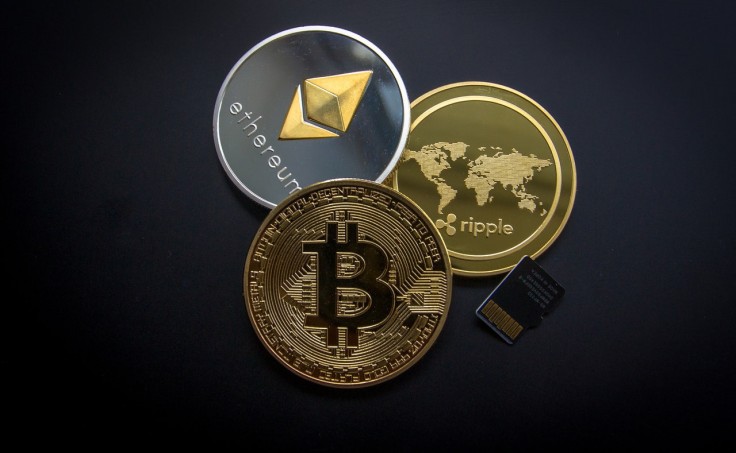
Imogen Heap sits on the piano in the bowels of a former nuclear research bunker. When she starts singing, she is cheered on by the small audience for this remarkable acoustic performance. But not just the show, but the crowd is all going to benefit from it.
A recording of one of the two-time Grammy winner's songs will be released for sale online at the concert in Stockholm, Sweden. Embedded in its digital code is an agreement that guarantees that 150 ordinary members of the audience receive a portion of the sales royalties.
Blockchain, an electronic ledger that records transactions and data in a verifiable and permanent way, is the technology that makes this eye-catching gift possible. Blockchains have been mainly used to fund cryptocurrencies such as BitCoin and Ethereum, but they can also be used to build so-called' smart contracts' to guarantee certain two-party agreements.
WEF analysts have included "blockchain specialists" in a list of 50 jobs that will become more important over the next four years. And there will be a growing number of jobs amid this. The report finds that while the financial services industry may be considered to be an early adopter of blockchain technology, other sectors such as healthcare, automotive and power are not going to be far behind.
It is the manner in which blockchains work that makes them attractive to many businesses and individuals. They form what is known as "distributed ledgers" - essentially digital transaction spreadsheets and agreements that cannot be altered once recorded.
These ledgers can be attached to digital currencies such as a BitCoin, a digital asset such as a music piece, or even physical objects. When a transaction takes place, a public record of it is placed in an encrypted "block" connected to all the blocks that came before and all that follows through a kind of digital fingerprint known as a cryptographic hash. If one block is altered, it won't match those around it, meaning immediate attempts to defraud or manipulate a transaction are evident.
Blockchains can also be used to build certain forms of agreements, similar to legal documents that can perform different steps in an agreement automatically. For example, if an item is delivered safely, the blockchain contract could issue payment, while also ordering the seller's replacement stock.
These kinds of contracts are widely viewed as a way to overcome the uncertainty and lack of confidence that surrounds many business transactions, where each side of a deal has to keep its own ledger and thus its own version of the truth. Blockchains basically share the "real" with all its members in order to make available all the information of a transaction.
Major organizations such as IBM, Amazon, Ford, BMW, Nestle, Pfizer, and Walmart are experimenting with how blockchains can be used to improve their supply chains. For example in the drug industry, the ability of blockchains to create a verifiable record of authenticity and traceability is highly commendable in a market where forgery and fakes can be a major problem.
According to online job search engine statistics of Indeed.com in 2017, competition for employees with blockchain technology expertise doubled and is six times higher than in 2015. Blockchain developers now face heavy demand and can expect to earn up to $158,000 in the US.
RELATED: Most Popular American Universities That Offer Master's Degree in Data Science and Business Analytics
© 2025 University Herald, All rights reserved. Do not reproduce without permission.








